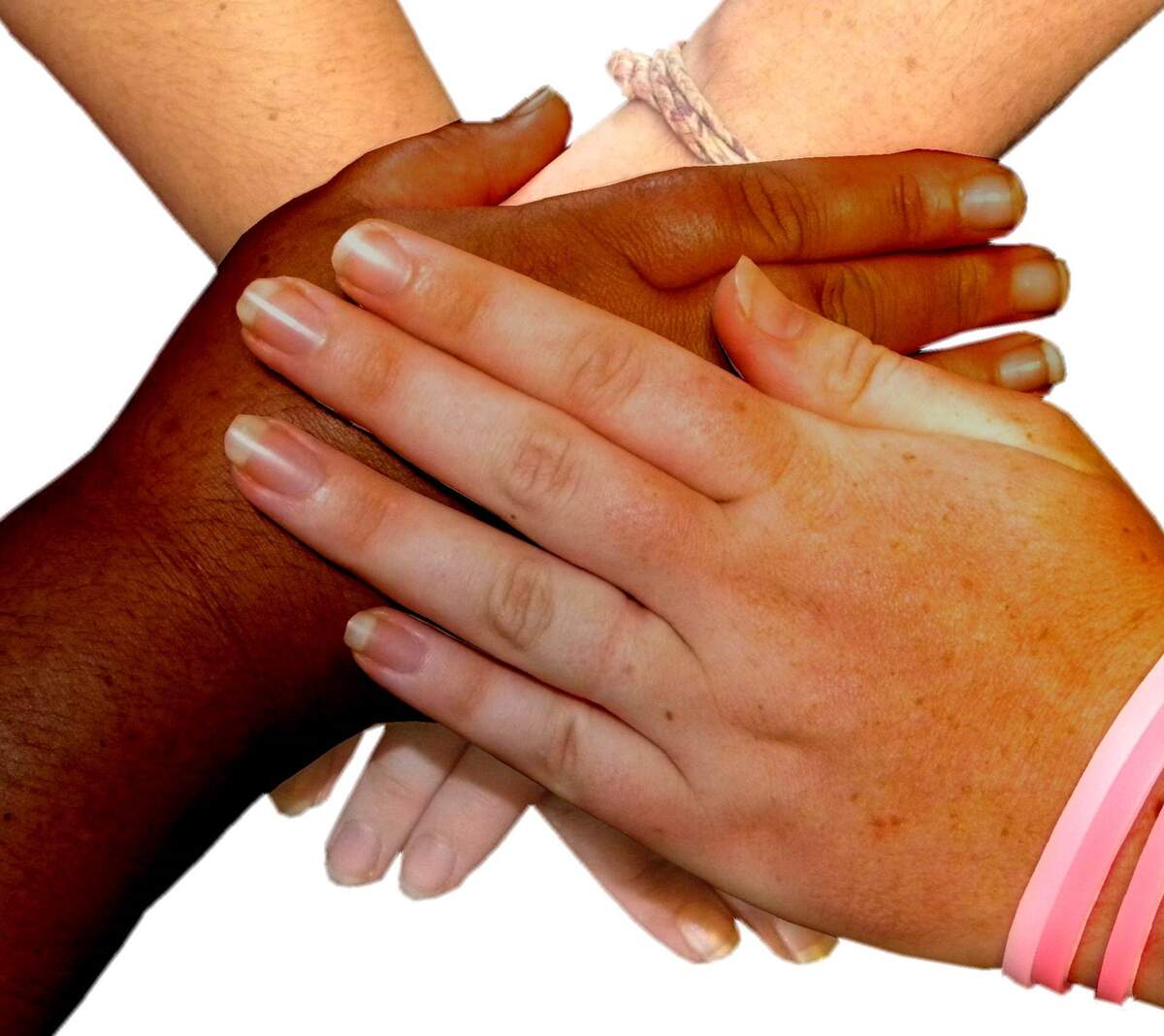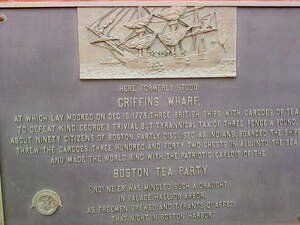

Day of Reconciliation (South Africa)
Also known as
Reconciliation Day
Observed
annually on December 16th (since 1995)
Dates
Tags
History & Culture
Hashtags
Sources
Day of Reconciliation, a public holiday observed in South Africa, promotes national unity and reconciliation between racial groups and focuses on the shared future of South Africa. It remembers past history and recognizes the contributions of veterans. Marching, parades, and other festivities are part of the day, and there is a different theme each year.
Day of Reconciliation was first held on December 16, 1995, the year after the first democratically elected and non-racial government was established in South Africa, with Nelson Mandela elected as president. After the government changed, a holiday long held on December 16th, Day of the Vow, was changed to Day of Reconciliation and given new meaning. The South African Truth and Reconciliation Commission and Nelson Mandela made the decision to keep the holiday on December 16th. This was done in a nod to racial harmony, as the date held significance for both Afrikaners and black Africans, who both had observed holidays on the date in the past.
Originally, December 16th commemorated the victory of the Voortrekkers—Africans of German, Huguenot, and Dutch descent who made the Great Trek—over the Zulus at the Battle of Blood River on December 16, 1838. Before their victory, the Voortrekkers said that if they won they would build a church and observe the day as a religious holiday. The day became Dingane's Day, named after the Zulu king Dingane, and became a public holiday in 1910. The National Party passed the Public Holidays Act in 1952, and with it, the name of the day was changed to Day of the Covenant, and formally declared a religious holiday. It was changed to Day of the Vow in 1980.
For black Africans, December 16th long had been a day of protest against racial discrimination and apartheid. On the date in 1961, the African National Congress's military wing, Umkhonto we Sizwe, or "Spear of the Nation," rose up against the ruling government because of their policy of apartheid. This was a watershed moment in South African history, marking a shift from passive resistance to armed struggle against apartheid.
How to Observe Day of Reconciliation (South Africa)
Some ways you could mark the day include:
- For those able to visit South Africa, take part in the usual festivities and parades. You could also stop at the statue of Nelson Mandela at Union Buildings in Pretoria and the Wall of Names in Freedom Park.
- Read the speech Nelson Mandela gave on the first Day of Reconciliation or one of his other speeches.
- Read Long Walk to Freedom: The Autobiography of Nelson Mandela or another book about South Africa or apartheid.
- Watch a film about Nelson Mandela or a documentary about apartheid.





















